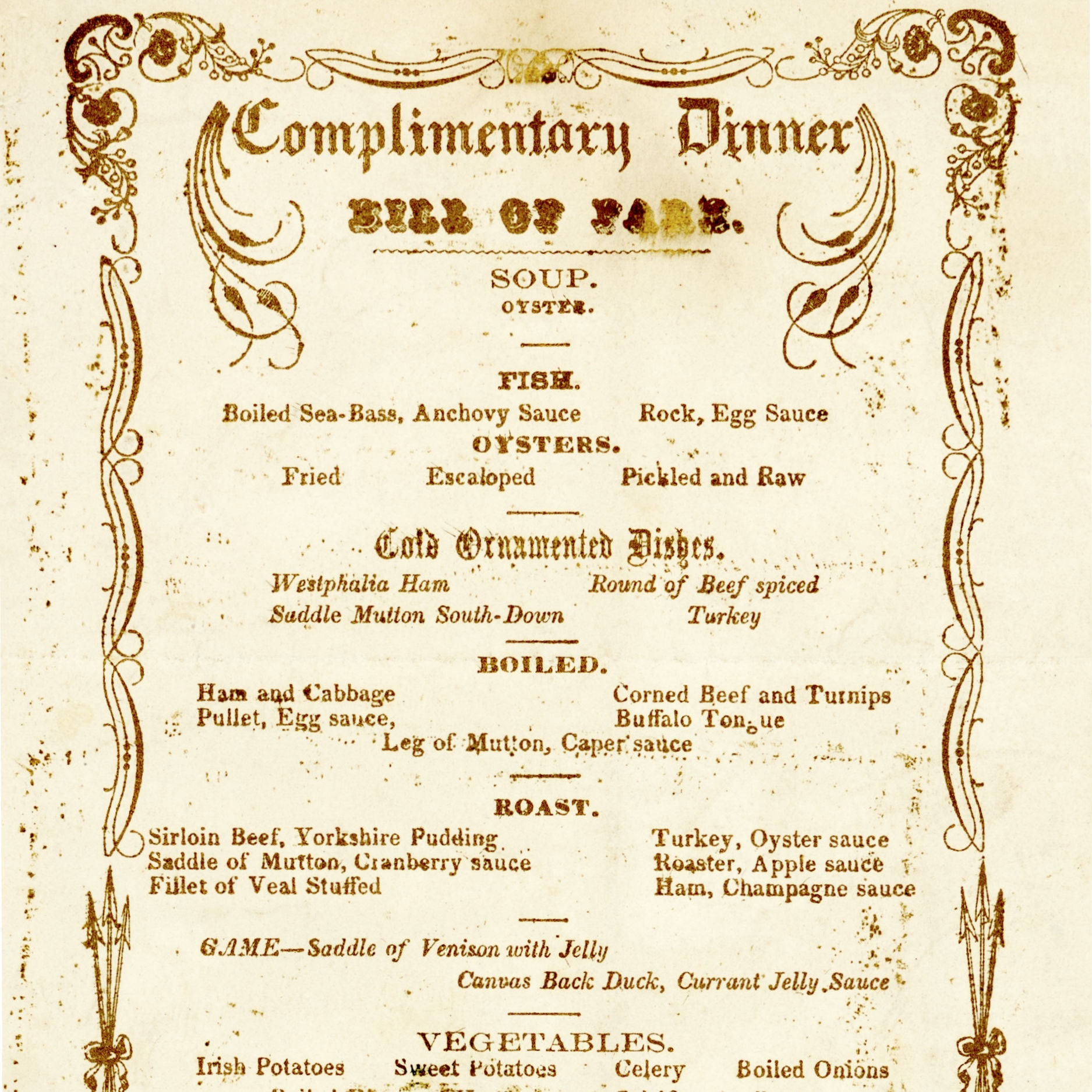Sources & Further Reading
When researching, directing, and editing The Hail-Storm, the filmmakers found the following sources helpful and engaging. Though this is just a selection of all of the sources consulted for the film, and a small sample of the expansive literature on the film's major themes, these are some of our favorites.
slavery and freedom in 19th century Richmond
Digital resources:
- “African American Historic Sites Database.” Interactive guide created by the Virginia Foundation for the Humanities.
- "John Dabney." Entry in the Encyclopedia of Virginia.
- “Hidden Patterns of the Civil War.” Collection of interactive visual tools, including a map of Richmond’s slave market and searchable newspaper records, created by the Digital Scholarship Lab at the University of Richmond.
- “Unknown No Longer: A Database of Virginia Slave Names.” Database created by the Virginia Historical Society.
- “Virginia Untold: The African American Narrative.” Collection of resources at the Library of Virginia.
Books and articles:
- American City, Southern Place: A Cultural History of Antebellum Richmond, by Gregg D. Kimball. University of Georgia Press (2003).
- Built by Blacks: African American Architecture and Neighborhoods in Richmond, by Selden Richardson. The History Press (2008).
- Race, Class and Power in the Building of Richmond, 1870-1920, by Steven J. Hoffman. McFarland (2004)
- Richmond, Virginia, by Elvatrice Parker Belsches. Arcadia Publishing, Black America Series (2002).
- “The Unfinished Revolution,” by Harry Kollatz. Richmond Magazine (November 2015).
African American culinary traditions
Foundational texts:
- A Domestic Cook Book, by Malinda Russell. Published in 1866, this is the oldest known cookbook authored by an African American person. (Two earlier works by African American authors, Robert Roberts and Tunis Gulic Campbell, present housekeeping and hospitality instruction while also including recipes.) Click the title of Russell's work to read the book, and visit this link to read the amazing story of how it was re-discovered in the 21st century.
- What Mrs. Fisher Knows about Old Southern Cooking, by Abby Fisher. An African American cook in California who had previously lived in Mobile, Alabama, Fisher published this cookbook in 1881.
- Good Things to Eat, as Suggested by Rufus, by Rufus Estes. In 1911, Pullman rail service chef Rufus Estes released this compendium of his fine cooking and expansive culinary expertise. (Our canvasback duck recipe draws on this book.)
Digital resources:
- “Afroculinaria: Exploring culinary traditions of Africa, African America and the African Diaspora,” written by Michael Twitty.
- “Black Culinary History.” Rich repository of books, videos, and articles, compiled by Therese Nelson.
Books and articles:
- Bound to the Fire: How Virginia’s Enslaved Cooks Helped Invent American Cuisine, by Kelly Fanto Deetz. The University Press of Kentucky (2017).
- The Cooking Gene: A Journey through African American Culinary History in the Old South, by Michael W. Twitty. HarperCollins (2017).
- “The Cunningest Compounders of Beverages: The Hidden History of African-Americans Behind the Bar,” by David Wondrich. The Bitter Southerner (August 2016).
- High on the Hog: A Culinary Journey from Africa to America, by Jessica B. Harris. Bloomsbury (2012).
- The Jemima Code: Two Centuries of African American Cookbooks, by Toni Tipton-Martin. University of Texas Press (2015).
food and drink in the 19th-century united states
Digital resources:
- “Feeding America: The Historic American Cookbook Project.” Online collection of cookbooks from the late 18th to early 20th century compiled by Michigan State University Library.
- “What’s on the menu?” New York Public Library online archive of historical restaurant menus.
Books and articles:
- Richmond’s Culinary History: Seeds of Change, by Maureen Egan and Susan Winiecki. The History Press (2017).
- Southern Spirits: Four Hundred Years of Drinking in the American South, with Recipes, by Robert F. Moss. Penguin Random House (2016).



